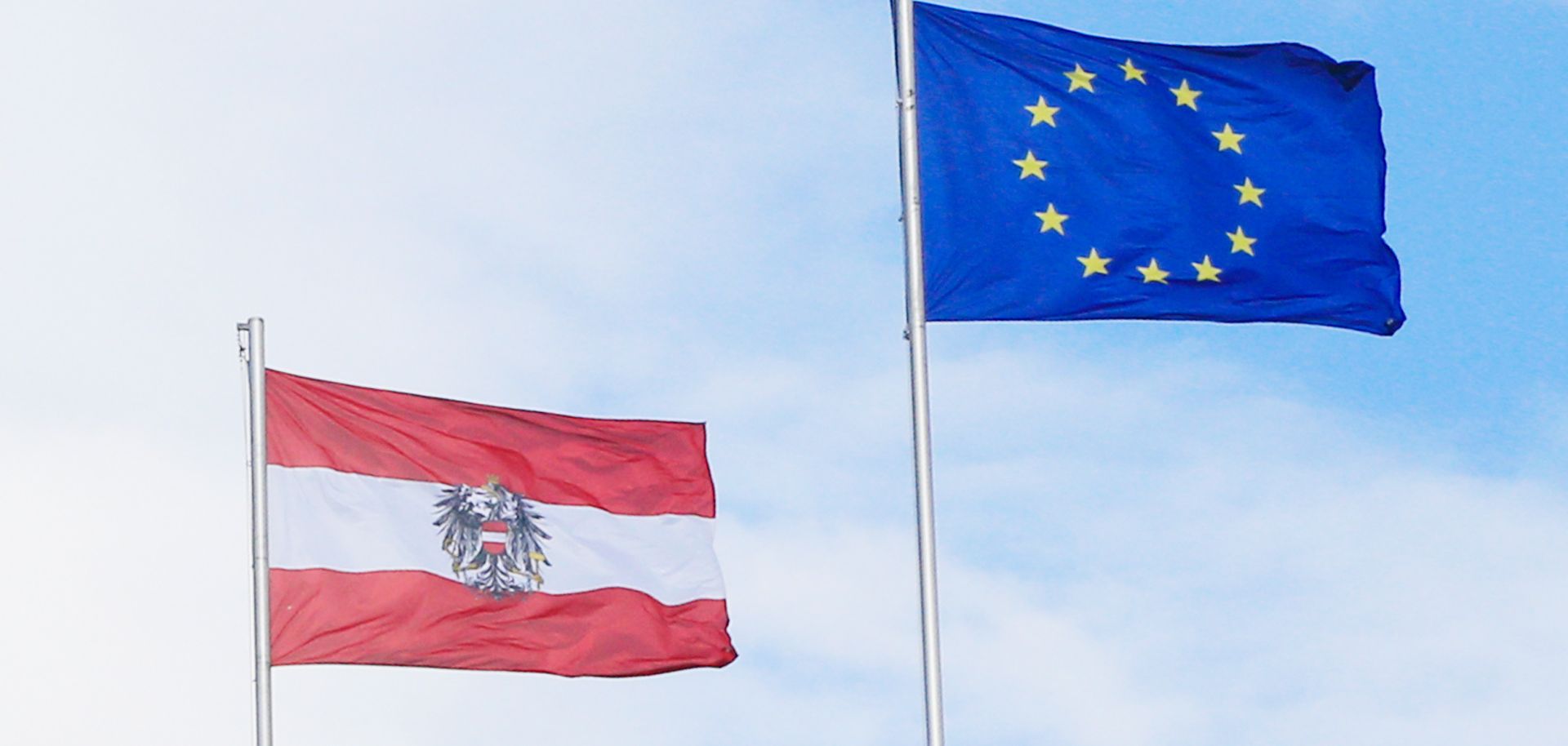Austria wants EU to woo Russia’s friends on Ukraine ceasefire

Convincing key players in the Global South, however, has proved a tall order for Brussels over the past three years.
The EU should lobby global partners to step up pressure on Moscow to agree to a Ukraine ceasefire, according to a letter backed by over half of its member states.
The diplomatic push follows recent truce talks in Turkey – the first face-to-face meeting between Ukraine and Russia in years – which failed to yield even a temporary ceasefire due to Moscow's unwillingness to engage at the leadership level.
"Against this backdrop, the EU has a strategic interest in ramping up global support for a ceasefire proposal," Austria’s Foreign Minister Beate Meinl-Reisinger wrote.
The letter will be sent to the EU’s top diplomat, Kaja Kallas, and is expected to be discussed when the bloc’s foreign ministers meet in Brussels.
Vienna’s initiative currently has the backing of 15 other EU countries, with more expected to sign on to the call for Kallas "to lead the way in coordinating a renewed targeted and joint global diplomatic outreach effort".
"Many countries maintain close relations with Moscow, which could and should be leveraged to increase diplomatic pressure on Russia," Meinl-Reisinger wrote in the letter.
"This outreach must run in both directions and take on board the specific situation and concerns of the countries in those regions," the letter stated.
While the letter does not single out specific countries, several EU diplomats highlighted that heavyweights such as India, China, and Brazil are key targets for increased diplomatic outreach to sway Russia.
The signatories advocate for the EU’s 144 EU delegations around the world to take a more active role in lobbying partner countries and to lean on Moscow for a ceasefire.
Convincing key players in the Global South, however, has proved a tall order for Brussels over the past three years.
Many countries in Africa, Asia, and Latin America have been reluctant to condemn Russia's invasion of Ukraine outright, viewing the war through a lens of historical grievances.
Despite repeated diplomatic overtures, EU efforts to frame the conflict as a clear-cut violation of international law have often fallen flat.
In some capitals, economic ties with Moscow – and a desire to remain non-aligned – have outweighed European appeals for solidarity.
While some Global South countries have supported UN resolutions condemning the invasion, only a few have joined Western sanctions or downgraded ties with Moscow.